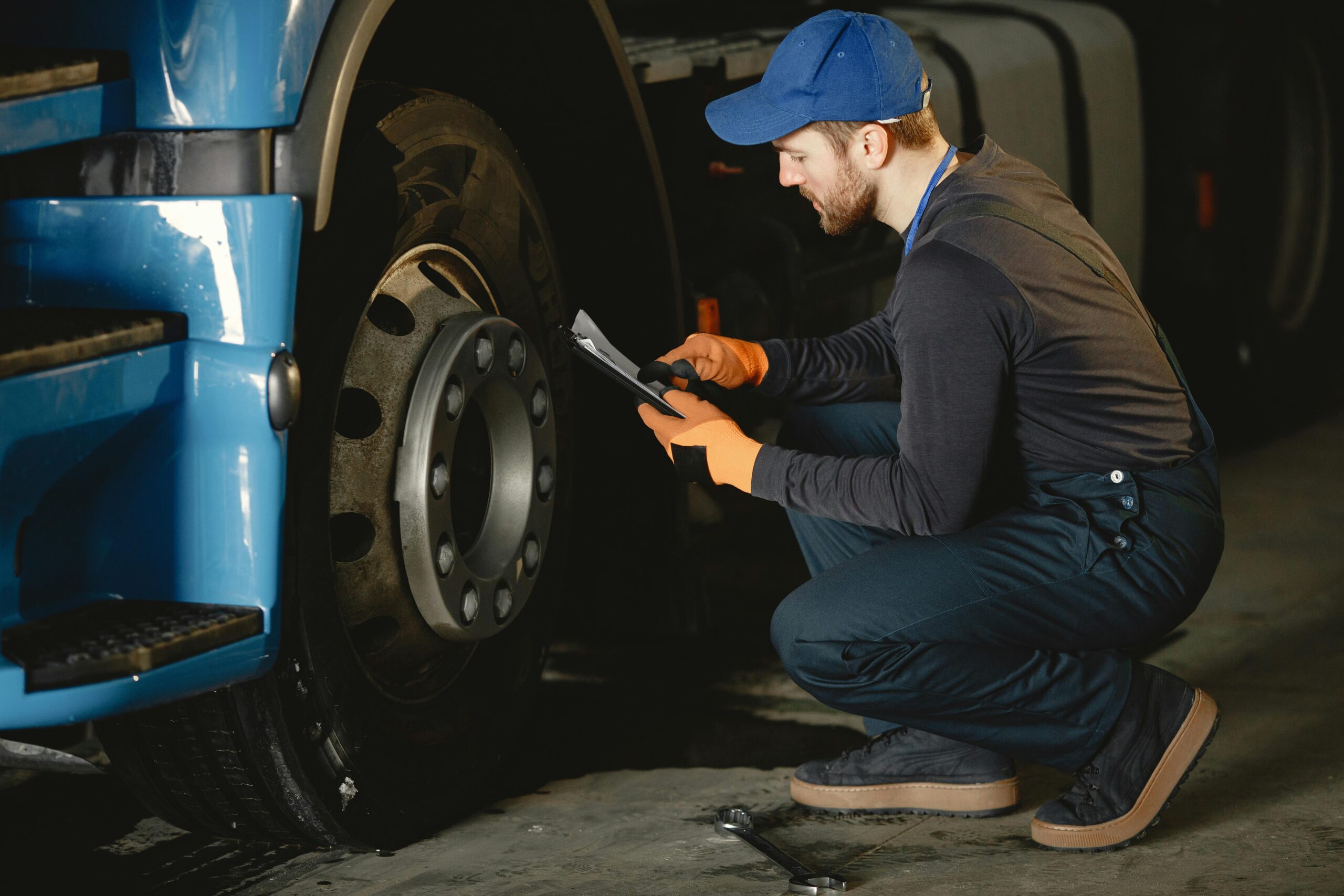
Introduction to DOT Compliance
DOT (Department of Transportation) compliance refers to a set of regulations that ensure the safety and efficiency of commercial motor vehicles (CMVs) and their operators. These regulations, enforced by the Federal Motor Carrier Safety Administration (FMCSA) and the DOT, help maintain road safety and standardize transportation practices.
Why is DOT Compliance Important?
DOT compliance is essential for several reasons:
- Ensures road safety for all drivers.
- Reduces accidents caused by fatigued or unqualified drivers.
- Protects businesses from legal liabilities and hefty fines.
- Improves overall fleet management and operational efficiency.
Who Needs to Follow DOT Compliance?
DOT compliance applies to businesses and individuals involved in operating CMVs, including:
- Trucking companies
- Bus operators
- Hazardous material transporters
- Logistics and freight companies
Key Regulatory Bodies Governing DOT Compliance
The Role of the Department of Transportation (DOT)
The DOT oversees the development and enforcement of regulations that ensure safety in the transportation industry, including air, rail, and highway systems.
Federal Motor Carrier Safety Administration (FMCSA)
The FMCSA specifically governs commercial motor vehicle operators, setting guidelines on driver qualifications, vehicle safety, and operating procedures.
Core Requirements of DOT Compliance
Driver Qualification and Licensing
All drivers must:
- Hold a valid Commercial Driver’s License (CDL).
- Undergo medical examinations to ensure fitness for duty.
- Maintain a clean driving record and complete required training.
Hours of Service (HOS) Regulations
Drivers must adhere to HOS regulations to prevent fatigue-related accidents. Key rules include:
- 11-hour driving limit per day.
- 14-hour on-duty limit including breaks.
- 30-minute breaks required after 8 hours of driving.
Drug and Alcohol Testing
Employers must conduct:
- Pre-employment drug tests
- Random drug and alcohol testing
- Post-accident testing to determine substance use involvement
Vehicle Maintenance and Inspection
Companies must regularly inspect and maintain vehicles to prevent breakdowns and accidents. This includes:
- Daily vehicle inspections
- Annual DOT inspections
- Immediate repairs for identified issues
Safety Management Controls
Employers must maintain records of:
- Accidents and incidents
- Driver logs and records
- Compliance with all DOT regulations
Consequences of Non-Compliance
Legal Penalties and Fines
Violating DOT regulations can result in heavy fines, suspension of operating licenses, and legal action.
Impact on Business Operations
Non-compliance can lead to:
- Fleet downtime
- Loss of contracts with clients
- Increased insurance costs
Reputation Damage
Companies that fail to comply with DOT standards risk damaging their reputation and losing customer trust.
Steps to Ensure DOT Compliance
Implementing a Compliance Program
Businesses should establish structured compliance programs that include training, monitoring, and reporting mechanisms.
Regular Audits and Inspections
Routine internal and external audits ensure continuous adherence to DOT regulations.
Employee Training and Education
All employees should receive ongoing training on safety protocols and compliance measures.
Benefits of Staying Compliant
Improved Safety on Roads
Following DOT regulations significantly reduces accidents and enhances public safety.
Reduced Legal and Financial Risks
Compliance helps businesses avoid lawsuits, fines, and operational shutdowns.
Enhanced Business Reputation
Companies known for compliance attract more clients and business opportunities.
Common Myths About DOT Compliance
- “Only large trucking companies need to comply.” – False; any business with CMVs must follow DOT rules.
- “DOT inspections are optional.” – Incorrect; regular inspections are mandatory.
- “Compliance is only about drivers.” – Wrong; it includes vehicle maintenance and company policies too.
Conclusion
DOT compliance is crucial for ensuring safety, reducing risks, and maintaining a reputable business. By following DOT regulations, companies can operate more efficiently and protect their drivers, vehicles, and the general public. To ensure full compliance, you can hire a DOT compliance company for expert services.
FAQs
1. What does DOT compliance mean?
DOT compliance refers to adhering to safety regulations set by the Department of Transportation for commercial motor vehicles and their operators.
2. Who enforces DOT compliance?
The FMCSA, a division of the DOT, enforces DOT compliance rules.
3. How can a company ensure DOT compliance?
Companies can implement training programs, conduct regular audits, and maintain accurate records to stay compliant.
4. What happens if a company fails a DOT audit?
Failure can result in fines, operational suspension, and legal consequences.
5. Is DOT compliance required for small businesses?
Yes, if a business operates CMVs, it must follow DOT compliance rules.